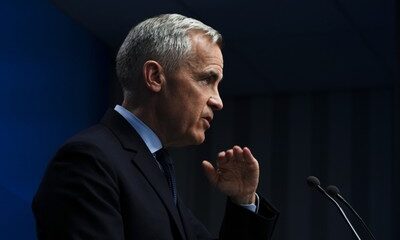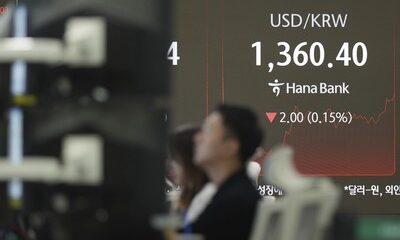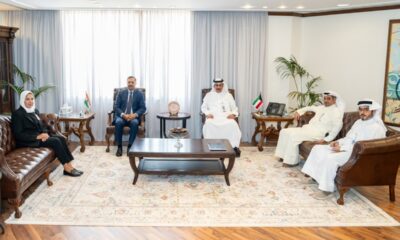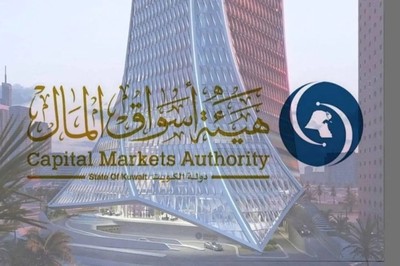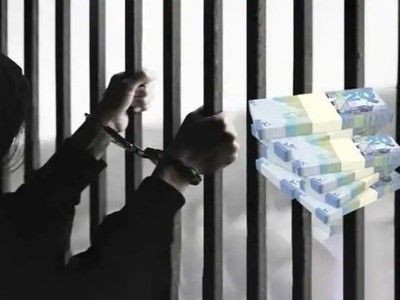Business
World trade chief says global free trade in ‘crisis’ while on visit to Japan
-

 Business21 hours ago
Business21 hours agoSecond phase of merging Kuwait oil companies underway
-
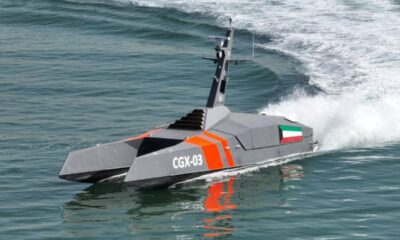
 Latest News22 hours ago
Latest News22 hours agoKuwait inaugurates unmanned surface vessels to boost defense capabilities
-
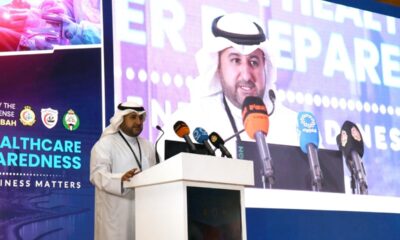
 Latest News18 hours ago
Latest News18 hours agoMoD underlines preparedness during crises
-
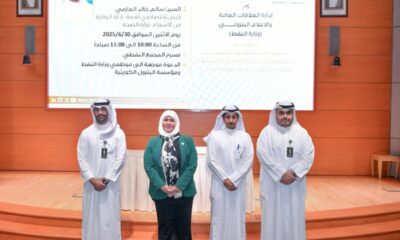
 Latest News16 hours ago
Latest News16 hours agoOil Ministry highlights nuclear radiation risks, underscores preventive measures
-

 Business24 hours ago
Business24 hours agoKuwait enhances laws to combat money laundering and terror funding
-
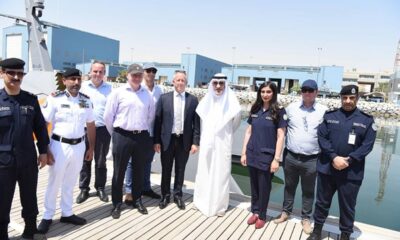
 Latest News23 hours ago
Latest News23 hours agoInterior Minister inaugurates unmanned surface vessels to bolster maritime security
-
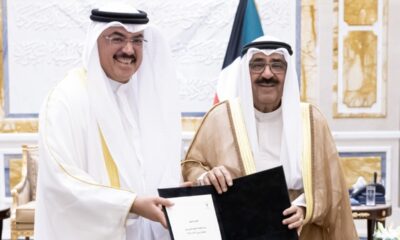
 Latest News20 hours ago
Latest News20 hours agoAmir hails efforts to develop new curricula
-

 Politics19 hours ago
Politics19 hours agoSyrian Expat Jailed For 12 Years Over Fake Kuwaiti Citizenship



